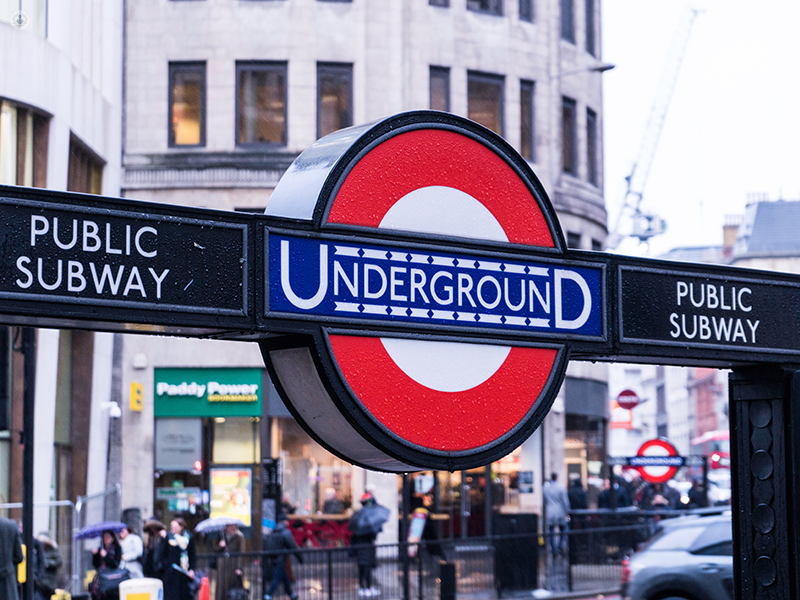Why do I faint on the London Underground?
Written in association with:The London Underground is a difficult place to be at the best of times, and it can turn into a nightmare if you’re not feeling your best. But what causes people to actually faint on the tube? It’s a classic case of reflex syncope – according to Dr Boon Lim, consultant cardiologist at the London Cardiovascular Clinic in Harley Street, London.

What is reflex syncope?
Reflex syncope can be described as a type of fainting that occurs when you stand up for too long. Fainting is loss of consciousness due to a lack of blood supply to the heart and brain.
When you stand up, the blood supply in your head and heart is reduced and the blood begins to pool in your legs. Normally, our body is very good a pumping blood around the body, and making sure each part of the body gets an adequate supply of blood. But if our blood pressure is low, then our blood flow is weaker, and the effect of gravity starts to set in – with blood pooling in the lower extremities.
When this happens you’ll start to feel mildly unwell . You might feel sweaty or lightheaded. Your heart will try to work harder to keep the blood flowing round the body, so you might feel it beating more strongly. For some people this beating action can even cause chest pain. This is understandably alarming, and it’s common for patients to worry that they’re having a heart attack.
In the final stages, the heart and the brain are almost completely drained of blood. You’ll feel hot and dizzy before you finally lose consciousness and faint.
An illustration of this can be seen below:
Why doesn’t reflex syncope happen in other situations?
Naturally there are many instances where we can stand for a long period of time without fainting. We can often stand for an outdoor concert without trouble, and we’re capable of standing even longer in the queue for the Post Office.
The reason you’re more likely to faint on the tube is that there are lots of aggravating factors involved. Reflex syncope is more likely occur when you are:
- dehydrated
- tired from exercise such as running
- unable to move your lower limbs
- stuck in a hot or airless place
Of course, these are all defining features of the London Underground experience.
You increase your chances of fainting even further if you’ve been drinking alcohol or eating a lot of food. Alcohol takes blood away from the heart and brain to areas which are not as important, whereas when you digest a lot of food, your blood is diverted to the gut.
Finally, we know that being sleep-deprived, stressed, or upset can increase your chances of syncope.
Why doesn’t it happen to everyone?
You really have to “get all your ducks in a row” for syncope to happen. In other words, reflex syncope only happens when a number of factors come together.
Each person’s set of triggers is different. It might be that you need to be dehydrated and sleep deprived to feel faint - whereas for someone else, the temperature might make all of the difference.
Aside from this, some of the aggravating factors happen only on occasion. If everyone ran for the tube there would be a daily stampede. We don’t always ride the tube stressed, sleep-deprived, and hungover from the night before.
On the whole, each of us gets on the London Underground with a different set of personal circumstances and triggers. If you want to reduce your risk of fainting, stay hydrated, rest well, and avoid making a last-minute dash for the train where possible! Performing lower limb muscle clenching exercises (isometric exercises) such as clenching gluteal, quads, and calves may also be useful in returning some circulation to the heart and brain, reducing the fainting tendency.


